1954-55. Joined the Florida Intercollegiate Conference, a conference for men's basketball and baseball competition only.
1955-56. Men's Volleyball team won its first national championship.
1956-57. Men's Volleyball team won its second national championship. At the end of the season, the Men's Volleyball team at FSU was terminated. Baseball team made its first ever trip to the College World Series. Withdrew from the Florida Intercollegiate Conference after the 1957 season.
1959-60. Menís Gymnastics team was terminated in 1960.
1962-63. FSU first competed in Menís Cross Country.
1964-65. Fred Biletnikoff became FSUís first consensus All-American in football.
1964-65. Jim Lyttle became the first FSU baseball player to be drafted in the first round.
1967-68. FSU first competed in intercollegiate Women's Volleyball and Golf.
1968-69. FSU began competition in Women's Track and Field.
1969-70. Baseball team was College World Series Runner-up. FSU began competition in Women's Swimming and Diving and Softball.
1970-71. FSU first competed in intercollegiate Womenís Basketball.
1970-72. Menís Basketball team was national runners-up in NCAA tournament.
1972-73. FSU first competed in intercollegiate Womenís Tennis.
1974-75. FSU first competed in intercollegiate Womenís Cross Country.
1975-76. In January, Bobby Bowden became FSUís head football coach.
1976-77. In 1976, FSU became a member of the Metro Conference and would began to compete in that conference in all sports except football
1980-81. Womenís Golf team won the AIAW National Championship. Softball team won its first AIAW National Championship. In Baseball, Mike Fuentes won the Golden Spikes Award.
1981-82. Womenís Basketball team was runner-up in the Womenís NIT Tournament. Softball team won its second AIAW National Championship. Darby Cottle was AIAW National Softball Player of the Year.
1982-83. Womenís Basketball team made its first appearance in the NCAA tournament.
1983-84. Womenís Outdoor Track team won a National Championship.
1984-85. Womenís Indoor Track team won a National Championship.
1985-86. Baseball team was College World Series Runner-up. Mike Loynd was named the Golden Spikes Award winner.
1986-87. Softball team made its first appearance in the College World Series.
1988-89. In football, Deion Sanders won the Thorpe Award as the nationís best defensive back.
1989-90. Softball team made the first of four consecutive trips to the College World Series.
1991-92. FSU ended its membership in the Metro Conference and became a member of the Atlantic Coast Conference in all sports.
1993-94. The Football team won its first National Championship. Charlie Ward became FSUís first Heisman Trophy winner.
1995-96. FSU began intercollegiate competition in Womenís Soccer.
1996-97. In Baseball, FSUís J.D. Drew was the National Player of the Year.
1998-99. Baseball team was College World Series Runner-up.
1999-2000. FSU had a perfect season in Football, winning the national championship and being first in the AP poll every week of the season.
2000-01. FSUís Football team played for the National Championship but lost to Oklahoma. Chris Weinke became FSUís second Heisman Trophy winner.
2003-04. Soccer teamís first trip to the College Cup Final Four. FSUís Jessica Van der Linden was Softball National Player of the Year.
2005-06. The Football team won the first ACC Championship Game in Jacksonville. It was the twelfth ACC Football championship won by the school to date. Soccer team returned to the College Cup. The Menís Outdoor Track team won its first NCAA National Championship.
2006-07. The Soccer team returned to the College Cup. The Menís Outdoor Track team won its second consecutive NCAA National Championship. Walter Dix won the 100 and 200 meter title as well as running a leg of the national championship 4 X 100 relay.
2007-08. The Soccer team was National Runner-up in College Cup play. FSUís Mami Yamaguchi was National Player of the Year in Soccer. The Menís Outdoor Track team won its third consecutive NCAA National Championship. Buster Posey was the consensus National Player of the Year in Baseball.
2008-09. The Menís Outdoor Track and the Women's Cross Country teams were the NCAA National Runner-up.
2010-11. Jimbo Fisherís first season as head football coach. The Men's Cross Country and Track and the Women's Cross Country teams were NCAA National Runner-Up. Ngoni Makusha won the NCAA Track Outdoor 100, Long Jump and was a member of the winning 4x100m relay and was the men's winner of the Bowerman which is awarded to the top collegiate track & field athlete of the year.
2011-12. The Menís Basketball team won its first ever ACC Tournament Championship. The Women's Soccer and Volleyball teams made it to the final four in NCAA competition. FSU began intercollegiate competition in Sand Volleyball and made it to the NCAAís final four in that sport.
 $250,000. Seating capacity: 15,000 |
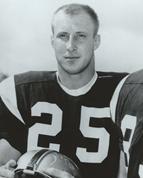 |
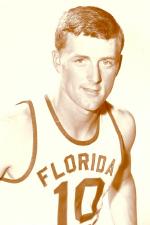 |
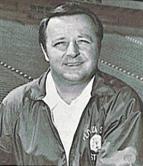 |
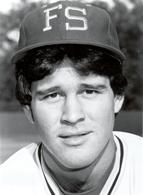 |
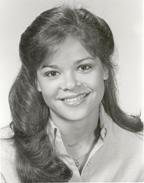 |
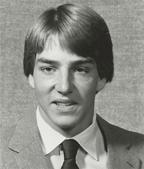 |
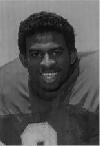 |
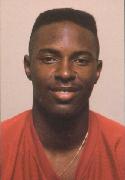 |
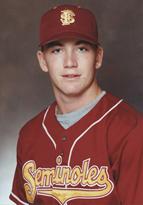 |
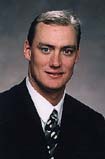 |
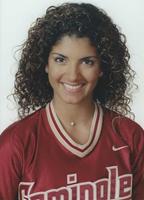 |
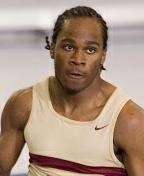 |
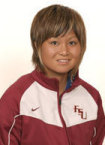 |
 |
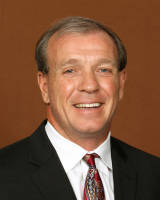 |
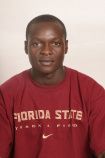 |